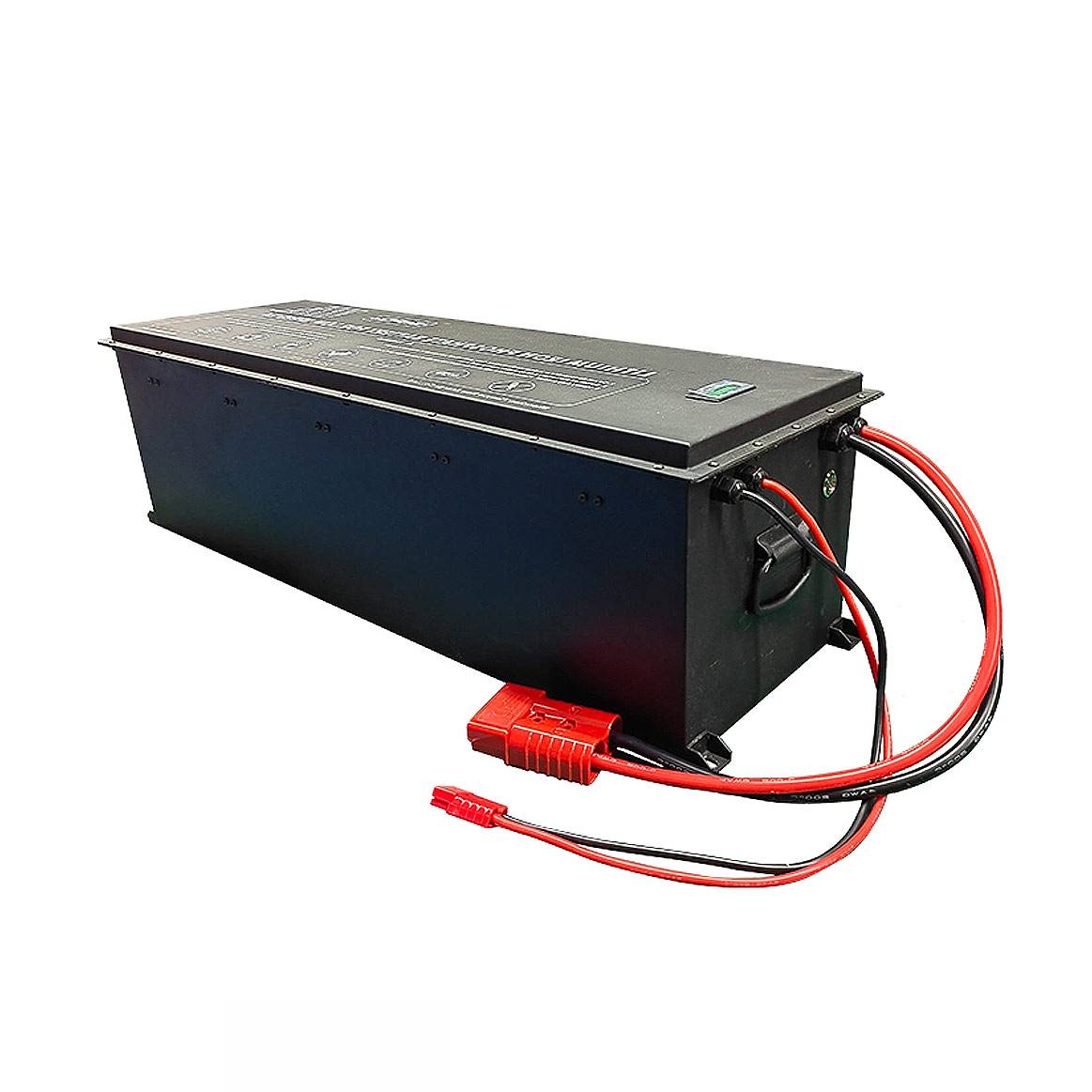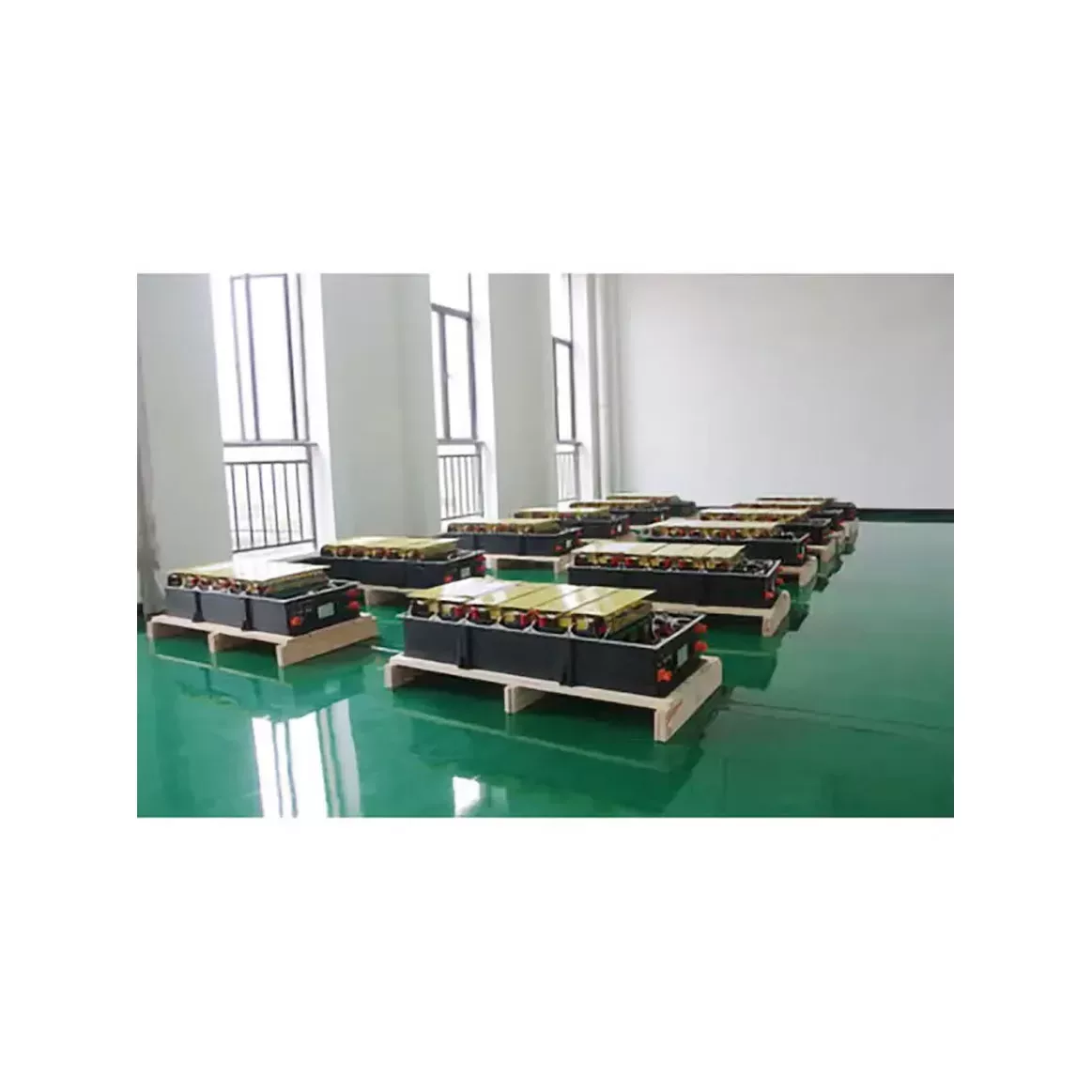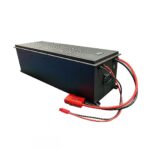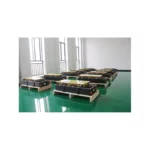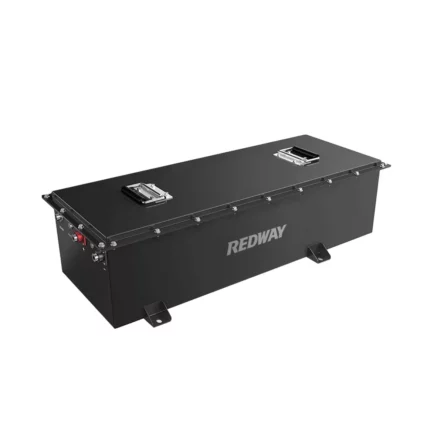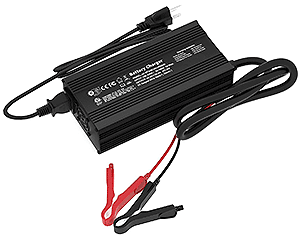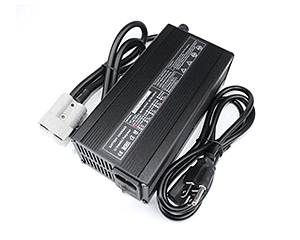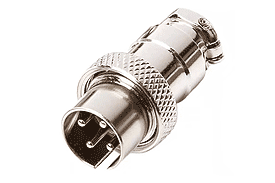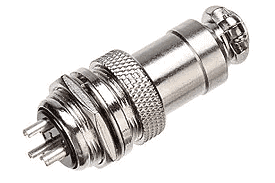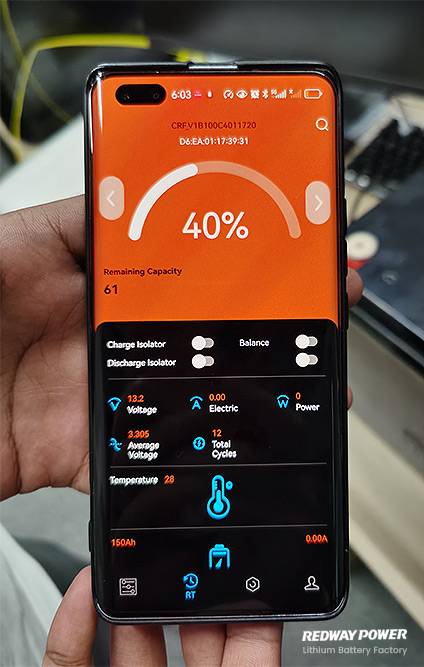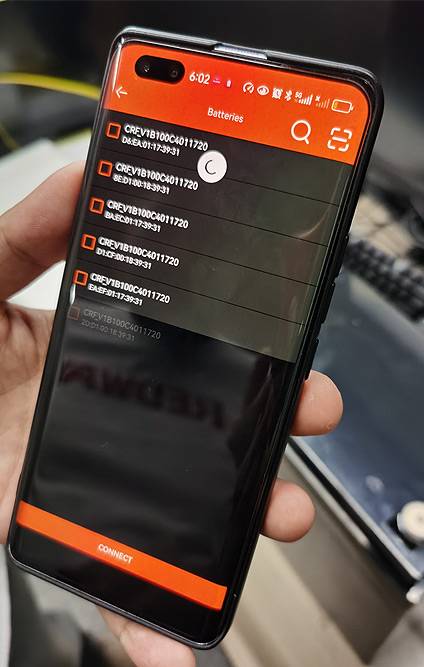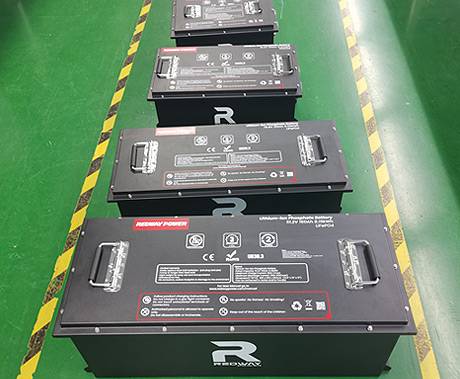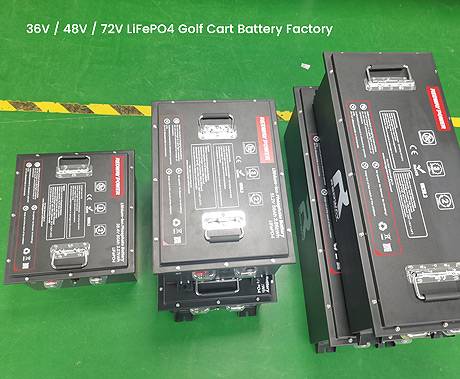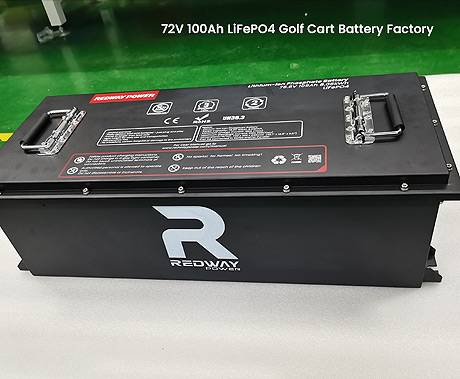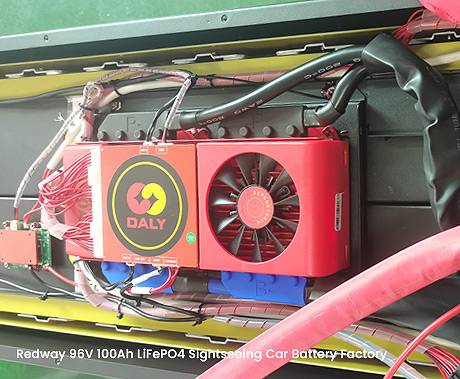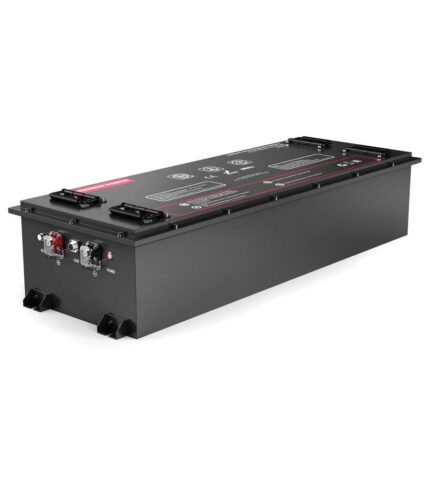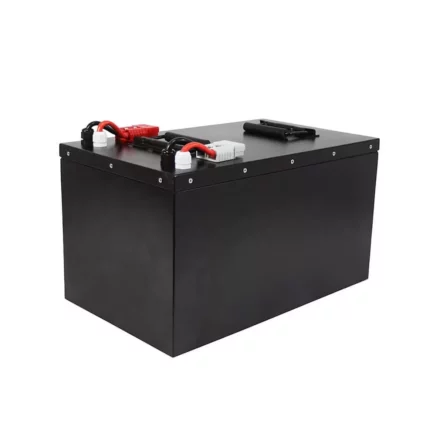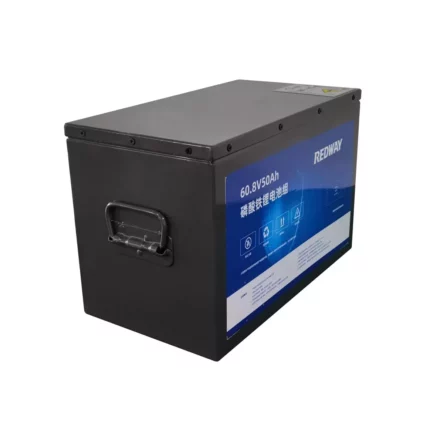What is the nominal voltage and capacity of the 72V 200Ah battery?
The nominal voltage is 76.8V, and the nominal capacity is 200Ah.
What is the typical cycle life of this battery?
The battery offers over 6,000 cycles at 80% Depth of Discharge (DOD) and over 15,000 cycles at 60% DOD.

What is the maximum continuous discharge current?
The maximum continuous discharge current is 400A.
Can this battery be used in extreme temperatures?
Yes, it operates in temperatures ranging from -20°C to 65°C.

What types of applications is this battery suitable for?
It is ideal for electric vehicles, industrial machinery, and renewable energy systems.
Does the battery include a Battery Management System (BMS)?
Yes, it features an advanced BMS with protections against overcurrent, overcharge, over-discharge, and temperature extremes.
What optional upgrades are available for this battery?
Optional upgrades include self-heating, fast charging, Bluetooth, GPS, and solar panel integration.
What is the self-discharge rate of the battery?
The self-discharge rate is less than 2% per month.
Is this battery IP rated?
Yes, it has an IP67 rating, meaning it is protected against dust and water immersion.
What certifications does this battery hold?
The battery is certified under UN38.3, UN3480, MSDS, UL 1642, IEC 62133, and ISO 9001 standards.
FAQs
How many batteries does a 72V battery need?
A 72V battery typically requires six 12V batteries connected in series or a combination of lithium-ion cells configured to achieve the same voltage.
What is the maximum voltage for 72V lithium-ion battery?
The maximum voltage for a 72V lithium-ion battery is around 84V when fully charged, considering each cell has a maximum of 4.2V.
How long does a 72V battery last?
A 72V battery can last anywhere from 4 to 8 hours, depending on usage, load, and environmental conditions. Battery capacity and type also play significant roles.
What is the voltage of a fully charged 72V battery?
A fully charged 72V battery typically measures about 84V, as it consists of multiple cells, each contributing to the total voltage when fully charged.
How far can a 72V 50AH lithium battery go?
The range of a 72V 50Ah lithium battery can vary widely based on usage, terrain, and load. Generally, it can provide around 25 to 50 miles on average electric vehicles or e-bikes.
How many cells are in a 72V battery?
A 72V lithium-ion battery typically consists of 21 cells connected in series, with each cell having a nominal voltage of approximately 3.7V.
Can I use a 72V battery on a 48V motor?
Using a 72V battery on a 48V motor is not recommended, as it can damage the motor or control system. It’s crucial to match the battery voltage to the motor's specifications.
What is the range of the 72V 40AH lithium battery?
The range of a 72V 40Ah lithium battery can be about 20 to 40 miles, depending on the load, terrain, and efficiency of the vehicle it powers.
What battery do I need for a 72V 5000W motor?
For a 72V 5000W motor, a 72V lithium-ion battery with sufficient capacity (at least 100Ah) is recommended to provide adequate runtime and performance.
What is the maximum charge voltage for a LiFePO4 battery?
The maximum charge voltage for a LiFePO4 battery is typically around 3.65V per cell, making it about 14.6V for a 12V configuration or 72.0V for a 72V configuration.
What voltage is 100% on a lithium battery?
A lithium battery is considered 100% charged when it reaches its maximum voltage, which is about 4.2V per cell. For a 72V battery system, that would be around 84V.
What is the difference between 48V and 72V battery?
The primary differences between 48V and 72V batteries include voltage output, power capacity, and performance. A 72V system provides higher efficiency and speed but requires compatible components.
Can I charge a 72V battery with a 60V charger?
No, a 60V charger is not suitable for charging a 72V battery, as it won't provide the necessary voltage to fully charge the battery, potentially leading to undercharging.
How fast can 72V go?
The speed of a 72V system can reach up to 35-50 mph, depending on the motor, vehicle type, and other design factors.
How fast is 72V 2000W in mph?
A 72V 2000W system can typically reach speeds of around 30-35 mph, but actual speed can vary based on factors like weight, terrain, and motor efficiency.
How many batteries does a 72v 200ah lithium golf cart battery need?
How long will a 72v 200ah lithium golf cart battery last?
How fast is 72V 2000w in mph?
How far can a 72v 200ah lithium golf cart battery go?
Can a 72v lithium battery last 20 years?
How long will a 300w solar panel take to charge a 200Ah battery?
What is the lifespan of a 72v 200Ah lithium battery?
Will a 200Ah battery run a 2000W inverter?



